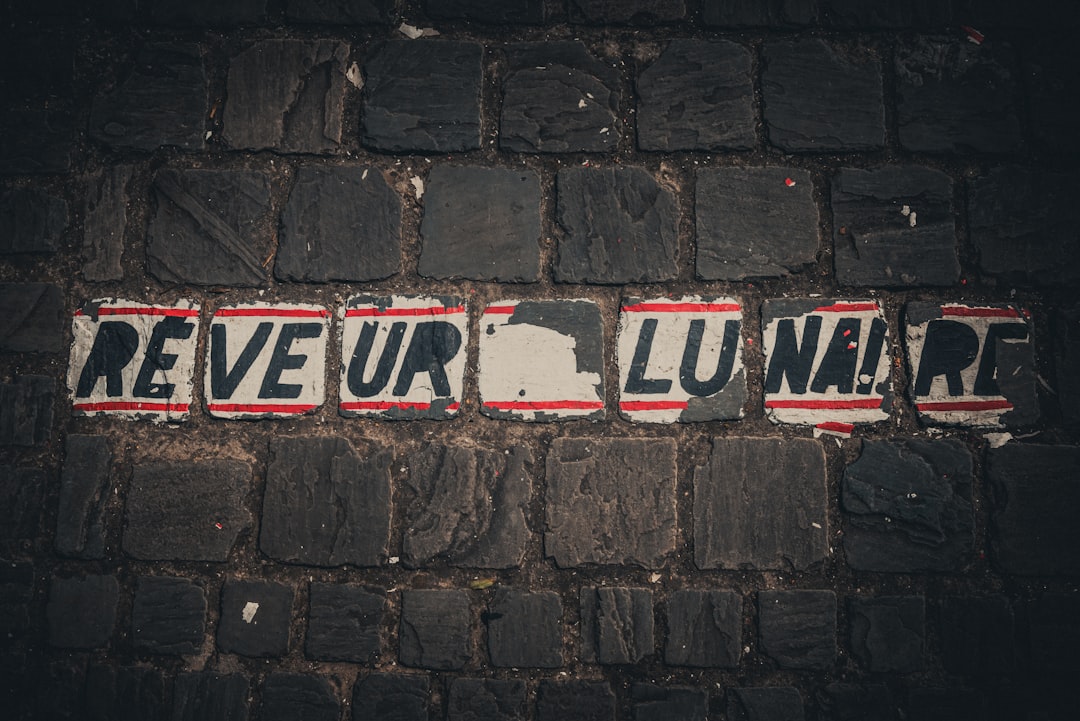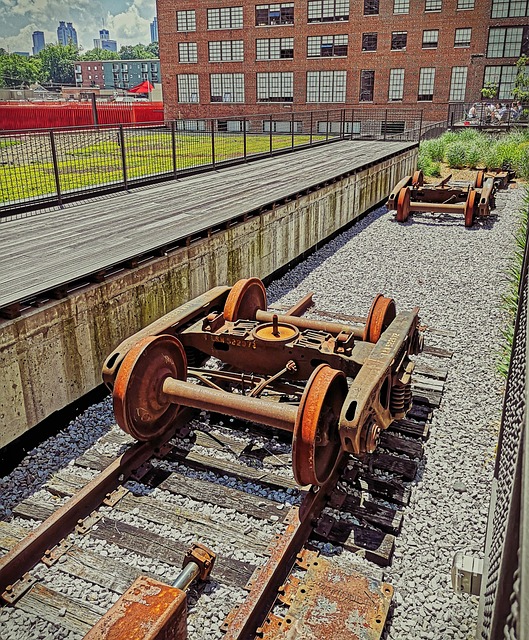Roswell, Georgia's Juvenile Court focuses on minors' well-being, handling cases of delinquency, dependency, and abuse differently from Criminal Court. Child abuse attorneys Atlanta GA play a vital role, advocating for fair treatment, rehabilitation over punishment, and addressing underlying issues like child abuse or mental health problems to ensure young clients' rights are protected while fostering healthy development.
In Roswell, GA, understanding the nuances between Juvenile Court and Criminal Court is vital for justice and rehabilitation. This article explores the distinct roles of these institutions, focusing on key differences in jurisdiction, approach, rights, evidence standards, and support services. Unlike Criminal Court, where punishment prevails, Juvenile Court emphasizes rehabilitation for minors, even in cases involving serious offenses. Moreover, evidence rules and proof standards differ significantly, reflecting the unique considerations required when handling youth accused of crimes, including those involving child abuse, where the presence of Atlanta GA child abuse attorneys can be pivotal.
Understanding Juvenile Court Jurisdiction in Roswell

In Roswell, Georgia, the Juvenile Court plays a pivotal role in addressing matters involving minors, focusing on their well-being and development. Unlike Criminal Court, which deals with adult criminal offenses, Juvenile Court has specific jurisdiction over cases related to delinquent behavior, dependency, neglect, and child abuse. This court system is designed to handle cases that impact young individuals differently, recognizing their unique needs and circumstances.
The primary goal of the Juvenile Court is not punishment but rather rehabilitation and protection. Child abuse attorneys Atlanta GA often collaborate with this court to ensure fair treatment for minors while addressing issues like neglect or abusive situations. Through specialized procedures, the court aims to provide a supportive environment where young people can receive necessary interventions, counseling, and guidance to turn their lives around and avoid future legal troubles.
Focus on Rehabilitation vs. Punishment in Juvenile Cases

In Roswell, GA, understanding the distinction between juvenile and criminal court is crucial, especially when considering rehabilitation versus punishment for young offenders. Juvenile courts prioritize rehabilitation and treatment over strict punishment, recognizing that children and adolescents are still developing and capable of change. The focus is on addressing the underlying issues that may have contributed to their involvement in the justice system, such as child abuse or neglect, mental health problems, or family challenges.
Child abuse attorneys Atlanta GA often advocate for this approach, as it aims to break the cycle of delinquency and equip young individuals with the skills needed for successful reintegration into society. This differs significantly from criminal court, where the primary emphasis is on punishment and deterrence. In contrast, juvenile courts offer a more nuanced and supportive environment, aiming to guide and mold young offenders into responsible adults while also ensuring public safety.
Rights of Minors vs. Adult Criminal Defendants

In Roswell, GA, understanding the differences between Juvenile Court and Criminal Court is crucial, especially when it comes to the rights of minors. Unlike adult criminal defendants, juveniles accused of offenses are not considered mature enough to face prosecution as adults. This distinction shapes the legal process significantly, with a primary focus on rehabilitation rather than punishment. Minors are entitled to certain protections designed to ensure fair treatment and consideration for their unique developmental stage.
When a child is accused of a crime, child abuse attorneys in Atlanta GA often play a vital role in navigating these proceedings. They advocate for their clients’ rights while guiding them through the Juvenile Court system. This includes ensuring due process, challenging potentially harmful evidence, and negotiating plea bargains or alternative sentences that prioritize the minor’s best interests and future well-being. The goal is to foster a healthy development environment while addressing any misconduct.
Evidence and Proof Standards in Each Courtroom

In Roswell, GA, the Juvenile Court and Criminal Court operate under distinct principles, particularly when it comes to evidence and proof standards. The Juvenile Court prioritizes rehabilitation and treatment for minors, often focusing on their best interests and future well-being. As such, the evidentiary threshold is generally lower than in criminal court. Child abuse attorneys Atlanta GA often navigate these differences, presenting cases where the primary goal is not punishment but intervention and support for at-risk youth.
In contrast, the Criminal Court emphasizes retribution and deterrence. Here, evidence and proof standards are significantly higher, reflecting a need for certainty and justice. This distinction requires child abuse attorneys Atlanta GA to adapt their strategies, ensuring that cases involving minors are handled with sensitivity while still maintaining the integrity of the legal process.
Support Services for Juveniles Compared to Adults

In Roswell, GA, the juvenile court system offers distinct support services tailored to the unique needs of young individuals, often in collaboration with various community resources. Unlike adult criminal courts, these institutions prioritize rehabilitation and development rather than strict punishment. For instance, specialized programs focus on addressing issues like truancy, running away, and minor delinquent behaviors, aiming to steer at-risk youth back onto a positive path.
Moreover, juvenile courts frequently engage child abuse attorneys Atlanta GA to ensure the legal rights of minors are protected while offering them specialized advocacy. These lawyers play a crucial role in navigating complex legal systems, advocating for appropriate dispositions, and ensuring access to necessary support services. This individualized approach recognizes that children involved in the justice system may require different forms of assistance compared to adults.




